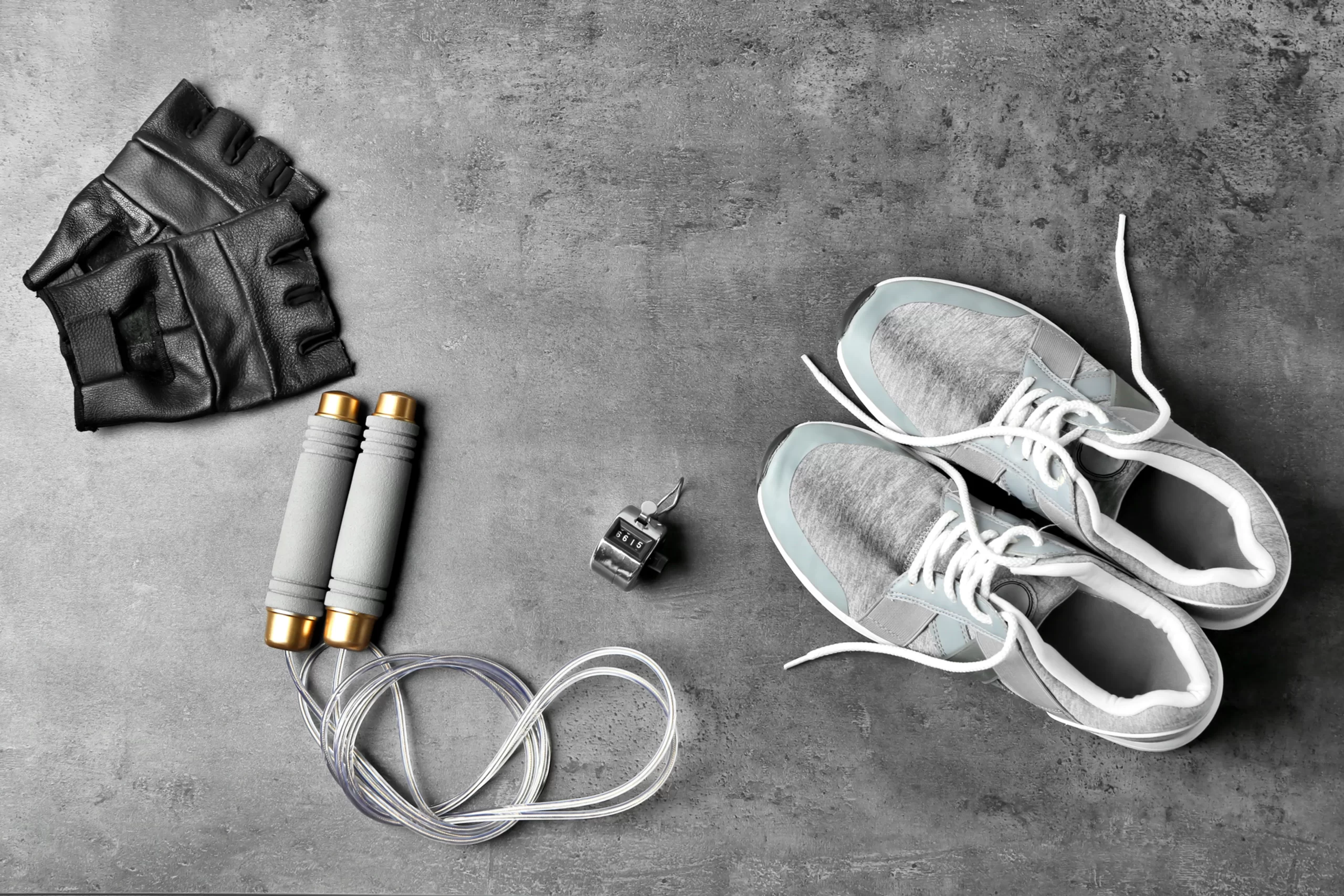At Core Connection we work with individuals who are keen to get back into a physical activity routine postpartum. Often this routine includes high impact exercise like running.
We often take running for granted as minimal equipment is required and it’s a movement pattern that we are just born to be able to do right?
What we often don’t realize is how much strength, coordination and flexibility is required in running. Or at least to run repeatedly and stay injury free.
Whether you had a vaginal delivery or a c-section, your body has changed drastically. Your deep core system has been challenged and weakened throughout your pregnancy, your pelvic floor has likely lost some elasticity and your ability to connect to your deep abdominals and breathing pattern has changed.
It is so important that you take the time to rehabilitate these muscles in a gradual way before re-introducing high impact exercise like running back into your physical activity routine. We often recommend waiting at least 10-12 weeks before high impact exercise begins. This allows for healing time from your delivery as well as time to begin rebuilding those deep core muscles.
Feel like you’re ready to start running? The team at Core Connection has created a guideline for you to consult to ensure your return goes smooth and you stay injury and dysfunction free.

Return to Running/High Impact Exercise Guidelines
1) Can you walk for 30-60 min with hills symptom free? This means no leaking, no increase in bladder or bowel urgency, no back, hip or pelvic pain, no heavyness or pressure.
2) Can you perform 3 sets of 10-20 step ups and lunges symptom free?
3) Can you perform 3 sets of 10-20 jump squats and side to side hops symptom free?
4) Have you been progressively working on building your core strength back over the past 12 weeks?
If you answered yes to all the above, great! You are ready to progress back to higher impact exercise in a GRADUAL way.
Each step you take while running produces an impact equal to 1.5-3x your body weight! This is why building strength prior to running is so important. Think of all that impact going through your pelvic floor!

The rate of progression once you return to running depends on a number of factors:
-
Level of fitness entering pregnancy
-
Level of fitness maintained during pregnancy
-
Number of previous pregnancies and deliveries and amount of rehabilitation post-partum
-
Type of delivery – interventions used, length of labour, length of pushing stage
-
Complications post-partum
-
Sleep
-
Hormones – decreased estrogen during breastfeeding
-
Lifestyle – work, caring for other children or elderly/sick friends or family
-
Emotional/mental well-being – postpartum depression or anxiety, birth trauma, relationship stress, family stress, financial stress

The following are some principles to keep in mind as you progress your running:
-
Do not run or perform high impact exercise again if you are still sore in your legs, hips, back, abdominals or pelvis from a previous run or workout. Pick something low impact and gentle instead like: yoga, a walk or hike, bike ride, upper body strength workout
-
If you are symptomatic during or after a run/workout (leaking, heavyness/pressure, pain outside of normal muscle soreness) do not increase the number of runs, distance/time, intervals ran/reps/sets or speed/intensity. If you repeat the same run or workout next session and you are still symptomatic please slow down or decrease the time/distance.
-
Do not increase more than one of the following variables at once: number of runs/week, total distance/time, interval of time running, speed/intensity
-
Your ability to progress may change day to day or week to week depending on the previous outlined factors. Progress is not usually linear.
-
Be kind to yourself! Everyone’s recovery journey is different and unique
Be sure to contact us if you would like an individualized return to running program postpartum.

